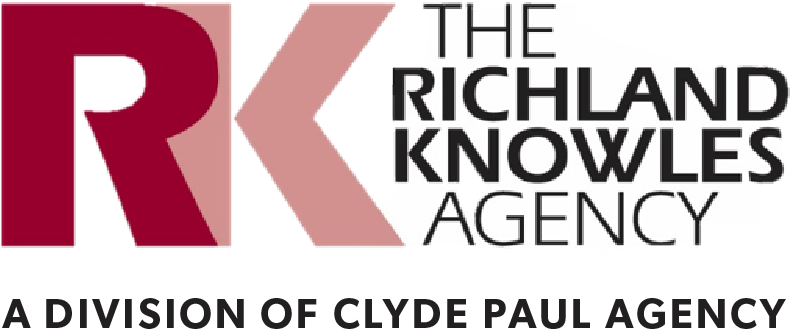Liability lawsuits are unpredictable these days. Juries are increasingly giving outsized awards to plaintiffs, and just about any accident can become prey to unscrupulous – even manufactured – claims of serious injury. While homeowners and personal auto insurance carry liability protection, they most likely aren’t designed to handle a big claim, such as permanent disability.
If you lose a lawsuit that results in a judgment amount that’s larger than your insurance policy covers, the remainder will have to be paid out of pocket A personal umbrella insurance policy is designed to protect you from such over-the-top financial losses.
The Policy That Can Save the Day
Umbrella insurance is a kind of personal liability insurance that takes over when the liability limit on your standard homeowners, auto or other personal insurance policies is maxed out. An umbrella policy also extends liability coverage if you have a renter’s or condo owner’s policy.
Umbrella policies will not make payments to cover losses to your own property or possessions. Instead, this blanket- like policy provides any additional payment needed – up to the umbrella policy limit – when you are found at fault for someone else’s injury or death or damage to their possessions. Some policies also provide coverage worldwide, except for some foreign homeownership or vehicles titled in another country.
Ultimately, an umbrella policy is an attractive stopgap option, and its premiums are typically much less expensive than the standard primary policies it supports. This is because the umbrella serves as a payment backup; it typically doesn’t come into play with average claims, only very large ones.
A personal umbrella policy protects you as well as your dependents living in your household or those specifically listed on your auto or other personal property policies. In addition, some umbrella policies will cover some liability claims that are excluded from most primary policies, including libel, slander, false imprisonment, malicious prosecution, wrongful death, invasion of privacy, and other specific hazards related to non-owned or rented vehicles. Your insurance professional can detail what’s covered and excluded on any policies you consider.
The Order of Payment
Let’s consider a few scenarios based on the assumption that you have:
- A homeowner’s policy that includes up to $300,000 in liability protection
- An auto policy with $250,000 in liability coverage
- An umbrella policy with a $1 million limit
If you are held accountable for a $250,000 settlement due to an injury suffered on your property, your homeowner’s policy would cover the entire amount, and the umbrella policy wouldn’t come into play.
However, if you faced a $1.1 million settlement from a multi-car accident caused by your teenager, your auto policy would cover the first $250,000, and the umbrella policy would pay the remaining $850,000.
As a third scenario, if you were to cause an auto accident while on vacation overseas, your umbrella policy could help cover the excess medical or repair costs of others involved in the accident that aren’t addressed by your rental insurance.
Dovetailing Policies
An umbrella policy is not a substitute for getting adequate limits on your primary policies. Most umbrella policies start at $1 million of coverage and offer higher limits.
The best plan is to purchase the appropriate level of homeowners, auto or other insurance that provides the most comprehensive coverage for your situation at an amount suitable to your income and assets – and then rely on the umbrella insurance as a safeguard against catastrophic events.
Peace of Mind
When shopping for insurance, many individuals purchase all policies from the same company. However, this isn’t a requirement. Your agent can help you compare the offerings of multiple insurers since it can be complicated to review differences between umbrella policies, which can vary dramatically.
Call Richland-Knowles Insurance Agency to see if an umbrella policy is something necessary for your lifestyle, especially family risks, such as a teenage or elderly driver, a swimming pool, a trampoline, a hot tub, a dog that may be listed as a “restricted” breed, etc. Make sure the policy you choose either specifically mentions each risk as being covered or does not list it as an excluded peril. With a little added protection from a personal umbrella insurance policy, you can enjoy everyday life with more peace of mind.

